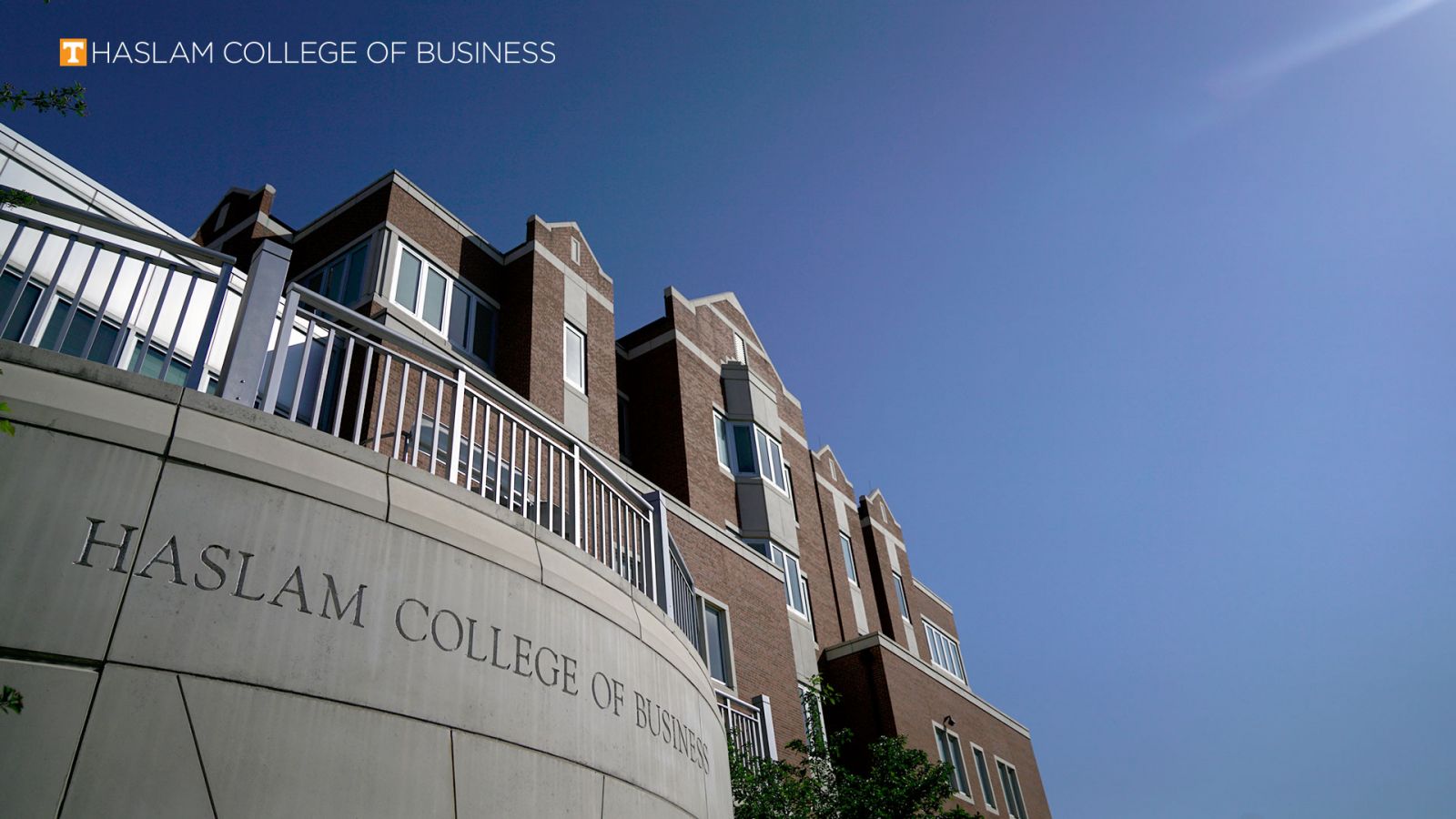We are thrilled to have Dr. Bruce Meyer, Executive Vice President and Western Pennsylvania Market President for Highmark Health Network, back on the show today.
In today's discussion, we focus on graduate and undergraduate levels of medical education, exploring the repercussions of moving from a fee-for-service model to a value-based system and looking into the adaptations needed within medical education to align with this transition.
Acute Care and Disease Management
Despite recent shifts towards integrated curricula for medical education, the fundamental focus remains on acute care and disease management, with limited attention to preventive healthcare and wellness promotion. Bruce highlights the need to expand the curriculum to include preventive measures, mental health awareness, and addressing social determinants of health.
Barriers to Curriculum Modification
A barrier to curriculum modification is the lack of training and education among current practitioners in value-based care, making it challenging to impart those principles to medical students and residents. Additionally, the economic incentives for practitioners often fail to align with the value-based care model.
Rise of Alternative Practitioners
The rise of alternative healers like naturopaths and holistic practitioners shows a gap in traditional medicine, which mainly deals with treating illnesses rather than overall well-being. The alternative healers approach preventive care holistically, promoting wellness in a way that the traditional model tends to overlook.
Need for Government and Payer Involvement
Bruce emphasizes the importance of both governmental and payer involvement in driving the shift toward value-based care in medical education. Government initiatives are essential due to their significant role in healthcare funding, while payers can incentivize practitioners to prioritize preventive care through financial incentives tied to outcomes.
Reforming Medical Education Financing
The debt burden that medical students and residents carry poses a significant challenge, particularly in specialties with lower earning potential. That financial barrier discourages students from pursuing careers focused on preventive care and wellness.
Addressing Economic Disparities
Bruce highlights the need to address the economic disparities between procedural and medical specialties because they influence career choices among medical students. Realigning financial incentives to reward practitioners for preventive care and promoting equity in reimbursement for medical services could help mitigate that issue.
Procedural Specialists
Hospitals value procedural specialists more because they bring in higher revenue, leading to higher salaries for those specialties than for primary care.
Limited Residency Positions
The proliferation of medical schools and insufficient graduate medical education slots exacerbate the limited residency positions problem. That has resulted in many American medical school graduates not securing residency spots despite promises of guaranteed training opportunities.
Institutions Implementing Curriculum Changes
Two institutions that have begun implementing curriculum changes to address these issues are Jefferson in Philadelphia and Allegheny Health Network. The changes include incorporating healthcare economics and business aspects into their curricula to prepare medical students and residents for the realities of the healthcare system.
In Conclusion
Ongoing attempts to improve medical education and training are crucial, with graduates from programs like Pemba having the potential to spearhead the change. Bruce emphasizes the importance of those graduates in driving transformation within the healthcare system.
Links and resources:
Norm Chapin on LinkedIn
Visit our YouTube Channel

July 20, 2021

We are delighted to welcome Dr. Ed Millermaier as our guest for this week’s episode of Pemba On Demand. Dr. Millermaier is an associate-certified...

How do you transform a concierge-style medical practice into a team-based model that truly serves aging patients with chronic conditions? In this episode of...